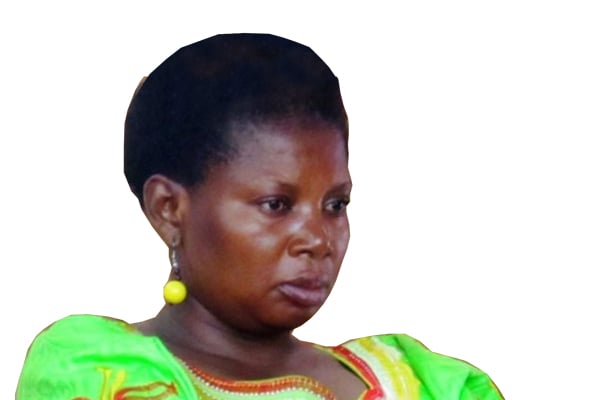Prime
2019 in the eyes of the private sector

Rwanda-Uganda border. The closure of the Rwanda-Uganda border has been cited as one of the challenges that the private sector has had to put up with in 2019. FILE PHOTO
What you need to know:
Private sector views on 2019. 2019 has passed like any other year and in a few days the world will be talking of 2020. But how will the business community remember 2019. Racheal Nabisubi spoke to different private sector umbrella organisations to pick their thoughts on how 2019 has treated them and the economy as a whole.
As the year kicked off, there had been a lot of optimism pinned on the implementation and amendment of laws, specifically to promote the Buy Uganda Build Uganda (Bubu) policy.
Bubu seeks to help local manufacturers increase return on investment with government and related agencies taking the lead in purchase of goods manufactured by local producers.
There has been some progress in this regard but away from this, the private sector has listed the closure as the Uganda and Rwanda as one of its biggest challenge in 2019.
In February, Rwandan closed its border with Uganda, blocking some of the country’s exports to south western neighbour.
This has as a result triggered losses for some businesses and forced a decline in foreign exchange flow.
Efforts between the two countries targeted at opening the border have been lukewarm to guarantee any hope and a breakdown of those efforts with the most recent being this month, has been documented although both countries leave the door open for dialogue.
However, stakes continue to be high and from the look of things, Uganda has lost much more in terms of trade inflows in the ongoing impasse.
According the Ministry of Trade, Uganda exported nearly $250m worth of goods and services to Rwanda in 2018 but this had fallen to below $20m in the third quarter of 2019, according to data from Bank of Uganda.
Indeed the Rwanda border closure remains the largest elephant in the room but what else does the private sector talk about 2019?
How 2019 treated Freight, Clearing and Forwarding Industry
Hussein Kidede is the Uganda Freight Forwarders Association chairperson and he notes that as clearing agents and forwarders, the industry witnessed some remarkable triumphs such as hosting the second regional logistics expo.
Beyond this, the industry, he says, has enhanced members’ capacity and will likely benefit from hosting the 2021 International Federation of Freight Forwarders Associations meeting in Kampala.
However, the industry has not been without challenges. For instance, Kidede says, the industry remains largely unregulated and the closure of the Rwanda border continues to bleed their businesses and denting prospects.
He notes that the failure by URA to compel Kenya to synchronise its clearing and forwarding platforms, remains a challenge that needs agent attention.
2019 in the eyes of Uganda Manufacturers Association
Daniel Birungi, the Uganda Manufactures Association executive director, says 2019 has been fairly good and UMA particularly made 16 tax policy proposals in both the domestic tax and customs tariff areas out of which 60 per cent of the proposals were granted by government.
“An increase of the tax on import has resulted into increased business opportunities for manufacturers specifically in the textile and furniture sectors, among others,” he says, noting that a reduction of power tariffs, specifically for large and extra-large industries has been good progress for the industry.
He also lauds government’s ban on importation of furniture by ministries, departments and agencies, which he says, “shall see local producers of furniture exclusively supply government”.
However, challenges such as increased failure of standards, access to markets, high cost of capital, poor tax administration, especially delayed VAT refunds and inadequate skills, have been and continue to be serious challenges.
How Private Sector Foundation Uganda views 2019
According to Gideon Badagawa, the Private Sector Foundation Uganda executive director, 2019 has been a busy year with lots of challenges and opportunities.
For instance, he says, access to business financing, increased exports, especially in the fisheries sector and the debate around the NSSF Bill, have been the biggest positives in 2019.
“Availability of long term financing is crucial. Growth has transitioned from foods and beverages to steel and now oil and gas,” he says.
Other positives, he says, include enhancing of the Bubu Policy. However, Badagawa says, the positives notwithstanding, there have been challenges, key among them, high cost of lending, closure of borders (Rwanda and DR Congo) and governance challenge in both government and the private sector.
Additionally, he notes corruption, which has deeply eaten into government programmes, delivery of services and failure to formalise the economy, remain big challenges that must be worked on.
Uma’s 2020 projections
According to Birungi, 2020 is likely to be a more dynamic year, especially for manufacturers now that they will want to seek out new markets.
Manufacturers, he says, will in 2020, seek to strengthen their local presence as well as consolidate at both regional and international levels.




